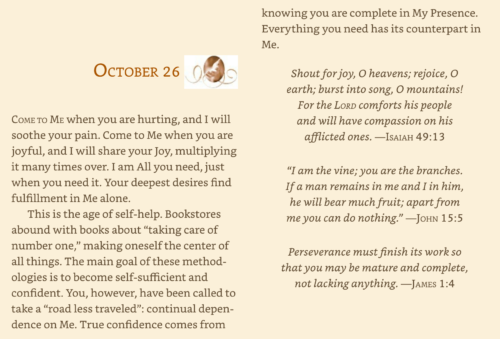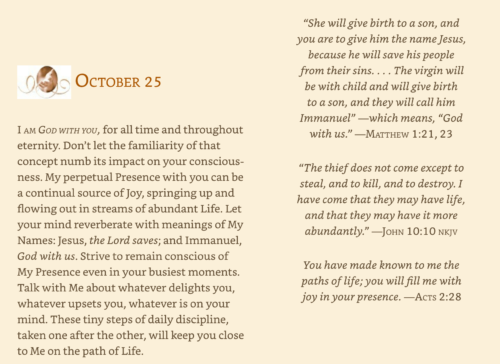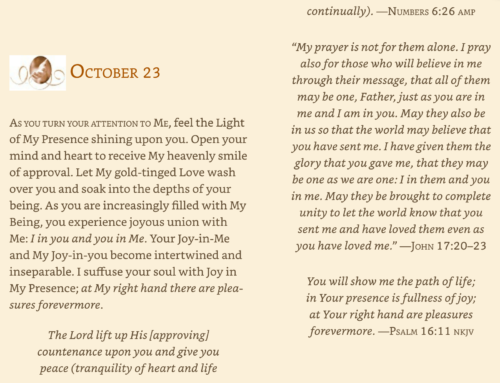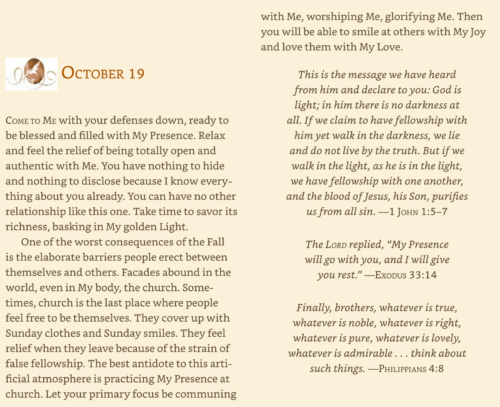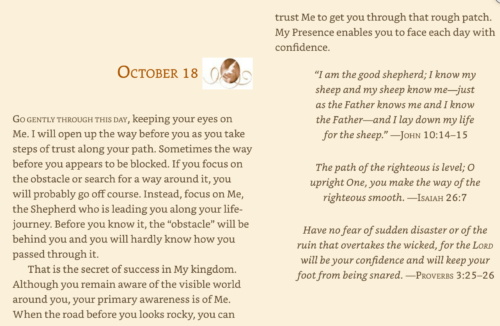For those of us committed to nonviolence, what do we do with the warrior imagery in our religious traditions? Zen priest and activist angel Kyodo Williams writes about living with a nonviolent “warrior-spirit” inspired by the Buddha:
The man who became the Buddha was known as Gautama, and he was born into a warrior clan known as the Shakyas. . . .
But even before Gautama was born as a Shakya warrior, he had been a warrior of another kind. In previous lives, Gautama had been a bodhisattva. Bodhisattva means “awakening being” and refers to a person of any culture that is brave and willing to walk on the path of wakefulness. . . . They are awakening warriors that give up floating through life aimlessly and being concerned only with themselves. Awakening warriors live in a way that is of benefit to all, and their work is done here in this world. They see that we must all take responsibility for ending suffering, not just for our own individual freedom, but for that of others as well. What these awakening warriors realize is that in order to live harmoniously and with joy, they must take their natural place in the world.
Does this mean that in order to live with more joy and grace and less fear and anger we need to run out and take up arms or develop aggressiveness and a warlike stance? Not at all. What we want to do is embody the spirit of a warrior and bring that to function in our daily lives. “Spirit” refers to that which gives life. “Warriors” live a life of action and clear direction. We can bring warrior-spirit to the cause of peace and harmonious connection because it is about life and living, not power and aggression. . . . Warrior-spirit is a frame of mind that lets us make a habit of cultivating the qualities and skills that are already available to all of us. [1]
Valarie Kaur of the Revolutionary Love Project understands her Sikh warrior tradition through a nonviolent lens that asks “Who will you fight for?” on behalf of justice and peace.
What does it mean to be a warrior-sage for a new time? Who will you fight for? What will you risk? It begins with honoring the fight impulse in you. Think about what breaks your heart. Notice what it feels like to have your fists clench, your jaw close, your pulse quicken. Notice what it feels like to want to fight back. Honor that in yourself. You are alive and have something worth fighting for. Now comes the second moment: How will you channel that into something that delivers life instead of death? Breathe. Think. Then choose your sword and shield. You don’t have to know the answers. You just have to be ready for the moment when the world says: Now. [2]
____________________________
Sarah Young
Do not expect to be treated fairly in this life. When someone mistreats or misjudges you, see how quickly you can grow in grace by forgiving them. Do not try to set the record straight, it is my view of you and our connection that matters. When treated unfairly, see this as an opportunity to be surrendered, connected to Me and to move on living out of that.
Colossians 3:13
Bear with each other and forgive one another if any of you has a grievance against someone. Forgive as the Lord
Isaiah 61:10
I will greatly rejoice in the Lord, my soul shall be joyful in my God; for he hath clothed me with the garments of salvation,
Ephesians 1:7-8
In him we have redemption through his blood, the forgiveness of our trespasses, according to the riches of his grace,
Romans 5:15
But not as the offence, so also is the free gift. For if through the offence of one many be dead, much more the grace of God,
